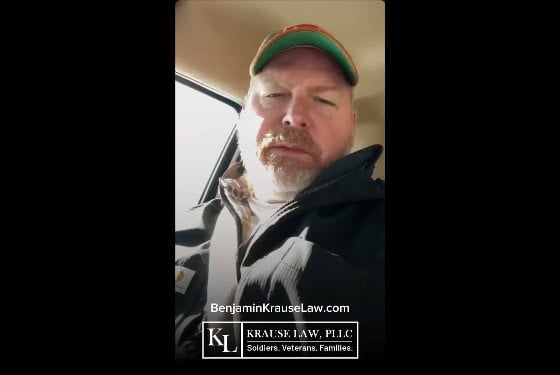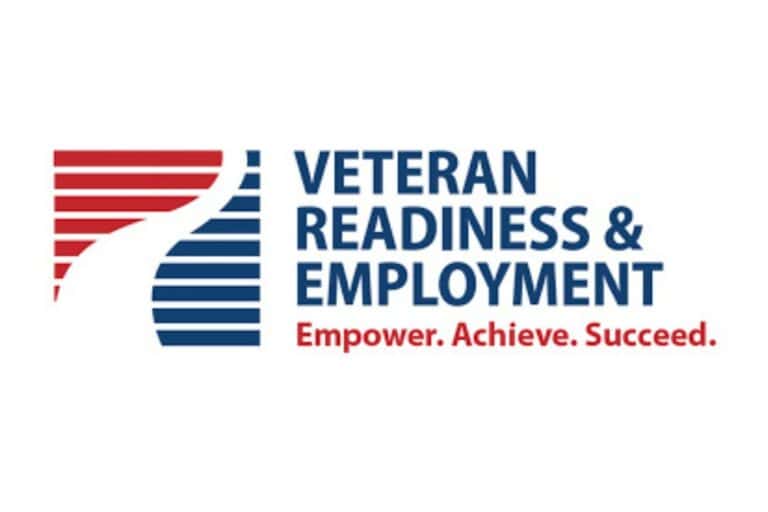Can Government Contracting Work?
The next era of government contracting will never be the same, at least when it comes to the Department of Veterans Affairs. Their new initiative? To get more veterans and disabled veterans into the game of government contracting…
But will it? From the bad to the good of the Expo (that’s just how I roll this week, bad to good):
This August, thousands of business owners met in New Orleans for the annual Veteran Owned Small Business Expo. The agenda: encourage more cooperation between the Department of Veterans Affairs and Veteran Owned Small Businesses.
In theory, when a qualified business is competing with an equally qualified Veteran Owned business, the veteran’s business should win out – at least when it concerns the Department of Veterans Affairs.
Is Government Contracting Accessible?
Over the years, many veterans have been left in the cold. For example, one disabled veteran from Oregon received over $100,000 from the Chapter 31 Vocational Rehabilitaion and Employment program to start his business. The business was making urns for the Department of Veterans Affairs.
Voc Rehab Counselors all collaborated to ensure approval. However, those were not the only interests in collaboration. When it came time to bid on the contract, the Mortuary Lobby was able to secure the contract ahead of this disabled veteran despite VA, and ultimately taxpayer, payment for the veteran’s upstart business.
Now, this new approach of the VA is intended to focus on situations like that to avoid obvious publicity nightmares and to also help a few vets along the way. Win-Win.
As I talked with different contractors, I learned about veteran contracting and who the big guns were. One such firm, Halfaker & Associates, is a firm whose owner’s history qualifies the business as both service-disabled and woman-owned (at the expo I learned that in small business government contracting land, this is like winning the lottery, twice).
Halfaker & Associates recently received a large contract under VAi2 to improve Chapter 31 Voc Rehab’s Self-Employment track (generally referred to as Track 5). According to key VA Senior Executives, we are entering a new phase of cooperation between private and public enterprises to narrow the gap between Accessibility and the Appearance of Accessibility (thanks Babette Peyton for this insight).
Accessibility versus Appearance of Accessibility
I asked one of the subcontractors under Halfaker about the direction they were taking Voc Rehab. Specifically, was the contractor talking with Voc Rehab users about Voc Rehab to make Voc Rehab more user friendly?
“Sure, one advisor, a West Point grad and disabled veteran, used Voc Rehab.” I asked if they had anyone else, perhaps someone who had to appeal to get Voc Rehab approve their training track. “No.”
Now, I can’t image the West Point advisor was treated in the same manner as the ravel – former enlisted veterans. To me, it would seem important to include those in the conversation who have struggled with the program. However, with a West Point grad on staff, Halfaker gets to check the typical “qualified advisor” box. (little did I realize he was talking about the CEO of Halfaker).
Seemed like business as usual to me, just the names are different. After all, haven’t the equivalent of West Point grads had their fingers in the pie for the preceding 60 years that the VA has been broken? At least the faces are different this time around. And now there are a few female West Point grads in the mix. Progress.
As the convention progressed, I became disappointed about the trends with respect to some of the government contractors and subcontractors the VA was hiring (and optimistic about others – more on this later). Being connected seemed to carry more weight than actual quality of service. In fact, these huge contracts are awarded to some government contractors merely because of their connections. In turn, the contracts are farmed out to less connected subcontractors needing the work. Meanwhile, both parties are ensured a slice of the pie at a time when regular military retirement and disability pay are on the chopping block. It seemed more like the good ole’ boys club than a true shake up for the betterment of average Joe type veterans.
One contractor from Mississippi commented on the expo, “It sucks ass. I’ve been to a few of these and this is the worst one – the most unorganized yet.” Others shared the same sentiment. For the past 10 years, another company was responsible for holding the expo. This year, the Department of Veterans Affairs decided to take it over. They awarded the job of organizing the event to none other than Halfaker…
I asked myself, “Wow, Halfaker can implement technology to improve Voc Rehab Self-Employment and Coordinate Events?” We at least know the latter half did not go well, according to most of the attendees I spoke with.
So, I’m not holding my breath on improvements to Voc Rehab’s Self-Employment track, either. To be fair, I did hear that Halfaker is exceptional at some things, as are most companies. However, last year they reportedly won a vast majority of contracts from the VA. Now, with two West Point grads, both females, at the helm, along with DARPA experience, it’s no wonder they cleaned house. Connections. Plus the magic Service-Disabled Veteran Woman-Owned Business.
But would I trust someone living in the world of “connections” to understand the day to day grind that many former enlisted troops go through with Voc Rehab Counselors? Hell no.
Veteran-Centric Content is King
And in the case of Voc Rehab, the missing factor of the puzzle is content, not just delivery. As I understand it, Halfaker & Associates, along with the subcontractor Coley, intends to use technology to reach these veterans. However, if the box you deliver is empty or full of tools that are poorly explained, the approach will just be a waste of money – like many other government contracts.
I mentioned this at the convention. It’s what needs to happen. Content is King. Veterans need to be able to read what the benefits in way that we understand. Since the majority of disabled veterans are former enlisted troops, it would sure make sense to develop this new solution using advisors who were enlisted and/or who did have problems with Voc Rehab. That’s my two cents back to Halfaker and Friends. Here is their VetSEA Program.
Three Cheers for Accessibility
Despite the shortcomings, there were a few bright points. I was able to speak with John Gingrich, Chief of Staff of the VA, about the Department of Veterans Affairs and entrepreneurship. He told me the new focus of the VA will be on the 3 E’s: Education, Employment and Entrepreneurship. Thank God. Entrepreneurship is the only way the good ole U.S. of A will dig its way out of the mess it’s in.
I also met Director Ruth Fanning for the first time. Last year, I helped CBS Evening News with Katie Couric work on a piece they investigated about the Chapter 31 Voc Rehab program. It was nice to finally put a face with the name.
Ruth Fanning told me that there is a new direction coming for Voc Rehab. In recognition of the current employment climate, Fanning is advocating for the approval of disabled veterans for advanced training beyond the 4-year undergraduate degree. This will be key to veterans seeking to compete with younger graduates. She is also supportive of entrepreneurial directions.
Director Fanning went on to tell me the program is working to better align itself with the needs of disabled veterans, in general. While I still receive a few emails every day about problems with their Voc Rehab Counselors, I do get the feeling that the program is about to undergo an overhaul.
I personally transferred my own Voc Rehab case to the St. Paul, MN Regional Office. My treatment here, and access to counselors, seems dramatically different than when I was in Portland and Chicago. While I’m not sure if that’s just the Minnesota Nice way of treating veterans or the result of a systemic change, I still welcomed the difference.
In all, I had a great time, despite my tendency to be critical of every facet of the government. Hopefully the VA will eventually put the pieces together in a way that helps most veterans in the way it is supposed to.
To answer the question, can government contracting work? It depends on how you define “work.” If work means solving problems of content and delivery so veterans can access their benefits, my answer is “maybe.”



Ben,
Yeah the connected good ‘ol boys isn’t going away anytime soon. Attending the Coalition of Iraq and Afghanistan Veterans (CIAV) conference and any other major conference will reveal the same thing. Summer homes in Vermont and flats in D.C., connected civilian soon-to-be college grads getting a hand-out job offer at the table while unemployed and highly qualified veterans sit in awe of real silver utensils. The westpoint grads are most definately treated differently than the “average joe”.
I’m down to my last few semesters at school under the Voc Rehab program and trying to use your guide to get into grad school. Still seems like an uphill battle, especially when they won’t even pay for printer ink so I can print my online class information out.
Would like to know more about transferring your Voc Rehab to the regional office. I’m wanting to do the same thing to my regional office.